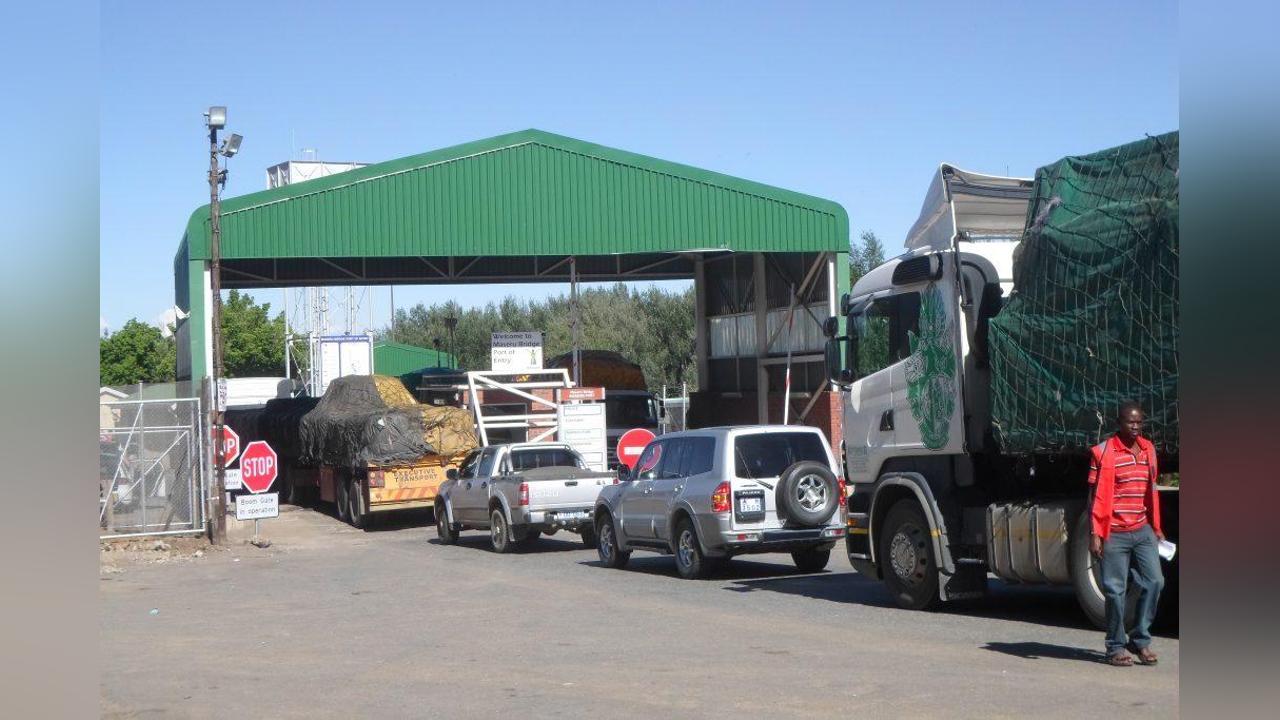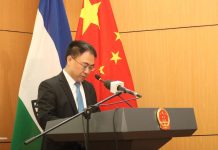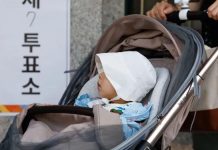Prof Motlatsi Thabane
Africa-Press – Lesotho. A clash was reported to have taken place a few weeks ago between police officers, on the one hand, and an MP and his bodyguards, on the other, was always inevitable.
It is a direct result of arrangements where people we have lent power to represent us in Parliament now use that power to come up with schemes by which they and their bodyguards should be exempted from equal treatment, and be treated differently from the rest us.
This conduct is anti-seMohlomi, and anti-seMoshoeshoe. And so are many other behaviours we have seen perpetrated by our MPs. We can expect that those who behave this way will not stop at violation of road traffic laws but will go on to carry contraband in ‘MP’ registered vehicles, and claim exemption from police searches when confronted by the police.
The principle of ‘equality before the law’, and the principle that we should all be treated the same, is a fundamental requirement for the maintenance of social order.
MPs who ignore, or violate, it are sources of social disorder. Such MPs have to be regarded as enemies of social order in Lesotho. They should bear in mind that they are opposing society when they oppose the police’s attempts to enforce the law.
We should all obey traffic laws. And, we should all stand in long queues for poor services at the Passport and Traffic Offices. Otherwise, if those we have voted into power use that power to exempt themselves and their bodyguards from poor public services, MPs will have no incentive and interest to work for improved quality of public service.
The failure by MPs and governments to address problems of poor public services is an important reason why everyday many Basotho cross into South Africa in search of better education, better medical services, and lower prices of basic necessities. That traffic includes cars which bear red registration numbers ferrying Lesotho public officials to South Africa for better services.
As always, MPs, Ministers, and other public servants will probably be exempted, or expect to be exempted, from the torment that comes with the new customs regime agreed by Revenue Services (SARS) and Revenue Services Lesotho (RSL), and implemented at RSA-Lesotho border posts.
Exemption of officials and MPs will mean that they will have no interest, nor incentive, to lessen its toll on Basotho. The new regime started early in August 2023. To educate travellers about it, the RSL staff at the Maseru border have been giving people leaflets that explain the new procedures.
Even before this new regime, and others that came before it, many people have always been suspicious that a lot of what people who enter Lesotho go through is not in the Southern Africa Customs Union (SACU) Agreement.
For example, it is known that the Agreement is supposed to ensure that citizens of SACU member-countries do not pay tax on a similar item in more than one SACU country. In other words, citizens of SACU member-states should not be taxed twice, or more, for the same item within the SACU area.
But because of the bureaucracy that has been imposed on customs processes at the Lesotho-South Africa borders, many people fall victim to some bureaucratic detail, or other, and end up paying tax in South Africa and Lesotho for a similar item, or service.
In the new regime agreed by RSL and SARS, RSL officials tell us that we are supposed to stamp all receipts of value of M250, and above, at SARS. They say this while distributing a leaflet that says the threshold is M10 000.
For the M250 receipt to be stamped, you need to submit to SARS copies of pages of your passport showing your address in Lesotho, and showing dates on which you travelled to and from South Africa.
The implication of this is that if you carry a South African passport you cannot bring groceries into Lesotho for reasons including the fact that Lesotho government cannot claim tax from South Africa on such goods.
It is unclear what will happen to a South African tourists coming to Lesotho who might be refused permission to enter with their food. As said, the requirement that we should stamp M250 receipts at SARS is not on the leaflet RSL officials are giving to travellers.
Extraordinarily, RSL officials admit this. So, at the expense of our time, and standing in receipt-stamping queues that will inevitably grow longer and longer, we are being forced to adhere to a requirement which is nowhere in the official papers.
Has the new regime been negotiated and agreed to by RSL officials alone, or is the government aware of the unreasonable measures that we have to comply with?
It must be said that, at least, for now, the RSL staff remain very helpful, and seem to acknowledge that requirements they are expected to enforce are unreasonable.
It seems nobody thinks of us when government and officials agree to onerous customs measures at our border posts. In part this is because, again, those we have lent power to represent us use that power to exempt themselves onerous procedures that they negotiate and agree to. We need people who think of us when they negotiate customs and other agreements. Basotho need somebody who can speak on their behalf.
https://www.thepost.co.ls/insight/who-will-speak-on-behalf-of-basotho/
For More News And Analysis About Lesotho Follow Africa-Press






